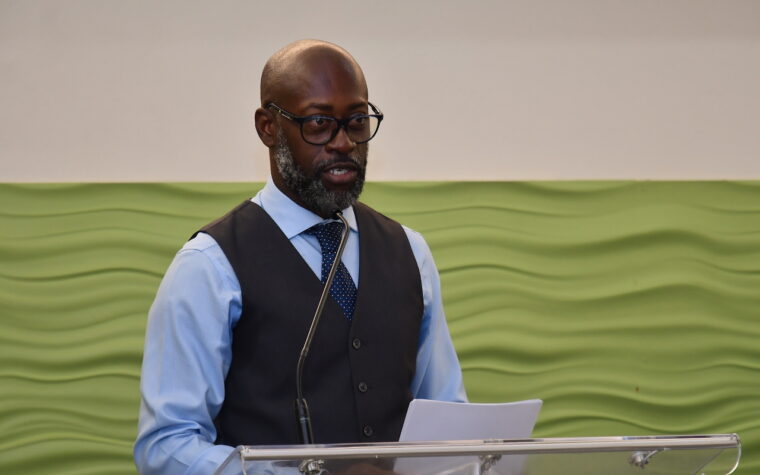Barbados Union of Teachers Opposes Contracts for Principal and Deputy Principal Positions

The Barbados Union of Teachers opposes contracts for principal and deputy principal positions, stating that they were proposed without consultation and may have negative consequences for teachers' conditions and the education system.
Amid ongoing interviews for vacant principal and deputy principal posts, the Barbados Union of Teachers (BUT) is reiterating its opposition to contracts for these categories of teachers.
President Rudy Lovell said the contracts represent a change in the terms and conditions of service of teachers and were being proposed with absolutely no consultation with the BUT or other organisations representing teachers, “as has become the norm with educational matters”.
“The union continues to ask the following questions: What are the terms and conditions of these contractual arrangements? Will the benefits previously gained by these individuals be secured? Will an individual’s substantive post be left vacant for them to return to if the contracts are not renewed?
“Furthermore, what impact will this process have regarding filling those positions left vacant by the contracted individuals? Will we have a Hollywood-type situation where individuals will have to act in the positions left vacant by the contracted individuals, thereby creating an untidy process?” the BUT boss questioned in a statement.
He said putting principals and deputy principals on contract was a unilateral change away from the existing terms and conditions of service for teachers.
Lovell argued that the move could impact the stability of schools, in addition to affecting teachers’ ability to get loans or mortgages as they would have little or no security of tenure.
“Moreover, given the recent changes to the NIS, what are the implications for the pension of these individuals? Furthermore, what are the implications for term leave and other benefits? Once again, the BUT would like to know if these contracts will have an impact on seniority in the teaching service, a process that is already proving challenging to finalise. Will appointed principals and contracted principals be paid the same? What is the cost to the Government for hiring over 40 principals and deputy principals or contact? How can the Government be seeking to hire the best minds but not want to give them security tenure?” he further asked.
Noting that there were over 90 posts of principals and 21 posts of deputy principals in the teaching service, Lovell also lamented that contracts would create an untidy process in the public service.
The union is sticking by its position taken last year that the measure will be demotivating and a disincentive to career public officers who have legitimate expectations of being promoted to the positions of principal and deputy principal after they had served 29-plus years in the teaching service.
“Once again, the terms and conditions of service of teachers are being changed without consultation with the workers’ representatives as they did with terms of leave,” Lovell said.
He issued the reminder that according to the General Orders, Chapter X, Staff Relations and Trade Union Activities 10.6, “there should be consultation with the accredited representatives of all categories of officers and employees on any proposals affecting the conditions of service of such officers and employees”, including teachers and their union.
Making it clear that the issuing of contracts should not be disadvantageous to workers, Lovell said BUT is concerned that these contracts can be used to get individuals of preference in positions.
“We are also concerned that teachers in pursuit of promotion are being asked to give up their existing terms and conditions of service for a contracted post with all its uncertainties.
“Given the above, the BUT is still opposed to the introduction of contracts into the hiring process of principals and deputy principals and appointed teachers and believes that these punitive cosmetic changes will do little to assist the development of the educational system, especially the teaching and learning process. We are again calling on the Ministry of Education and other authorities to engage the BUT in full consultation on this matter,” the BUT president said.
Barbados TODAY‘s efforts to contact Chief Education Officer Dr Ramona Archer-Bradshaw on the matter proved futile.
(AH)


